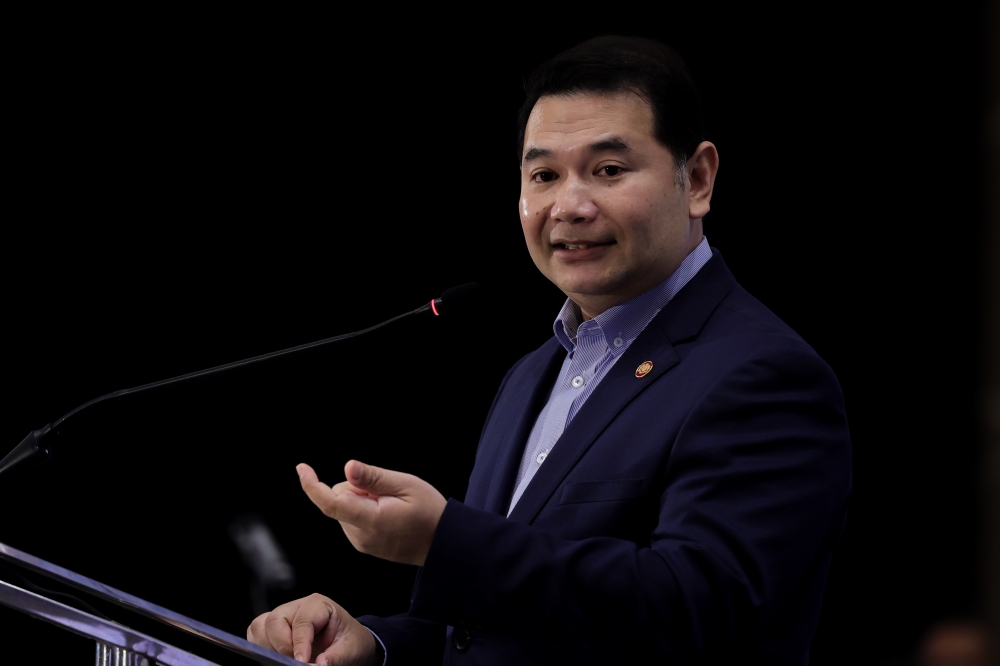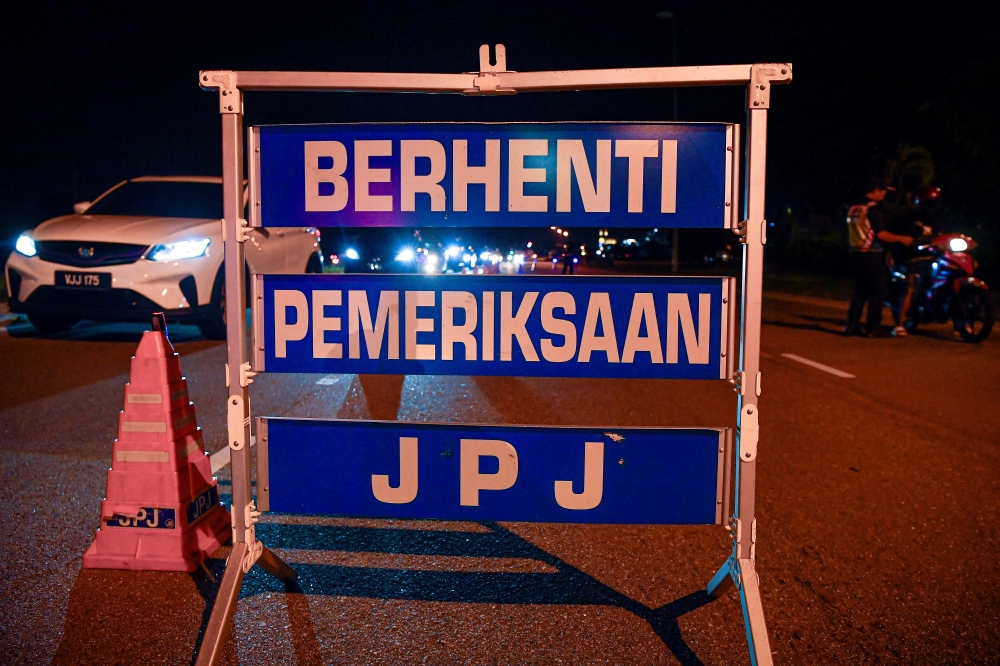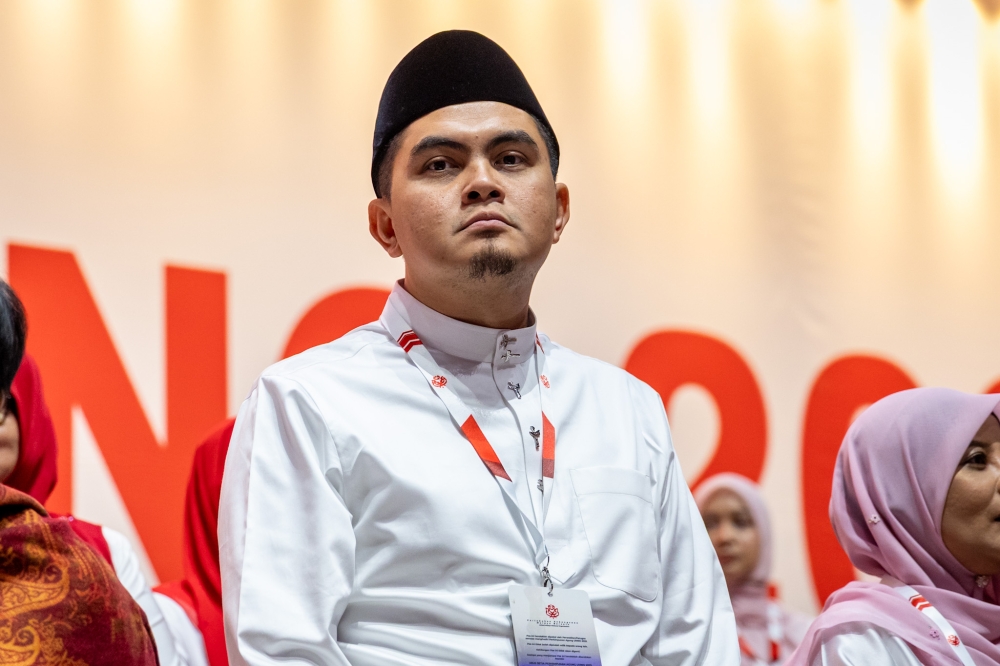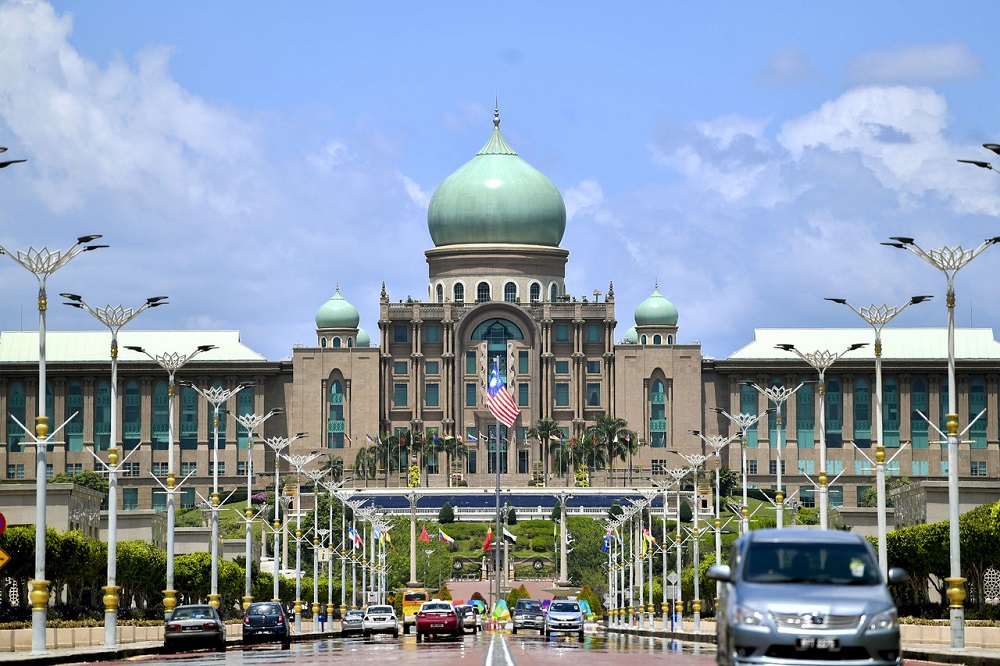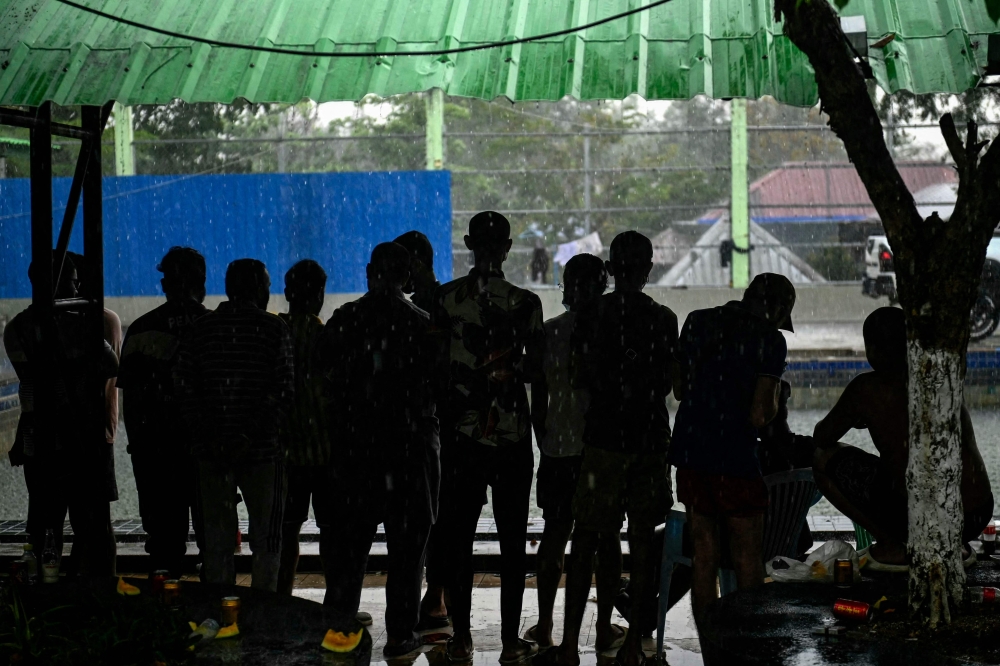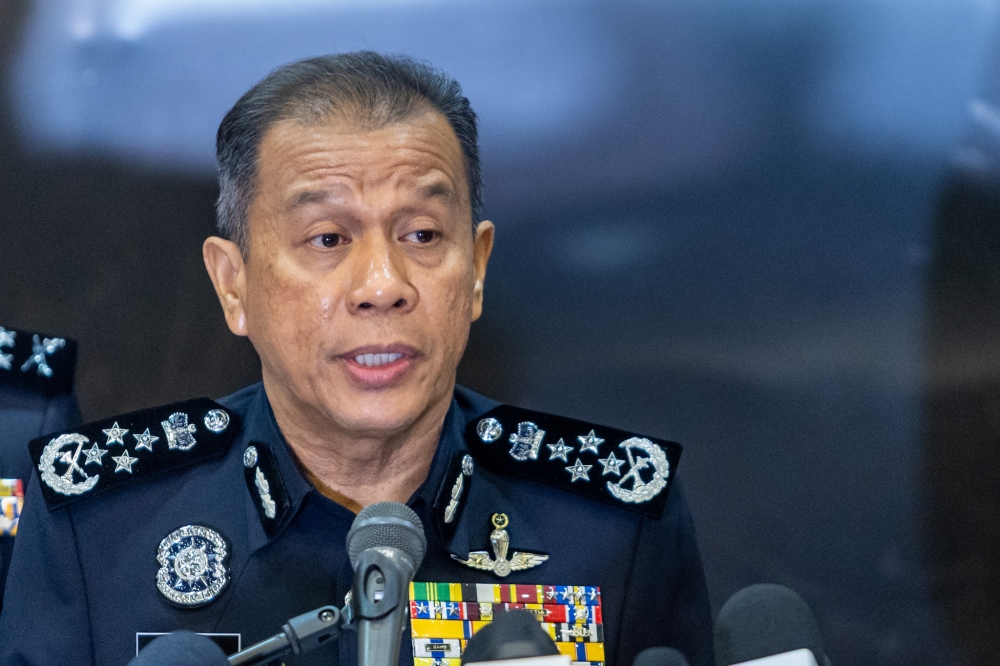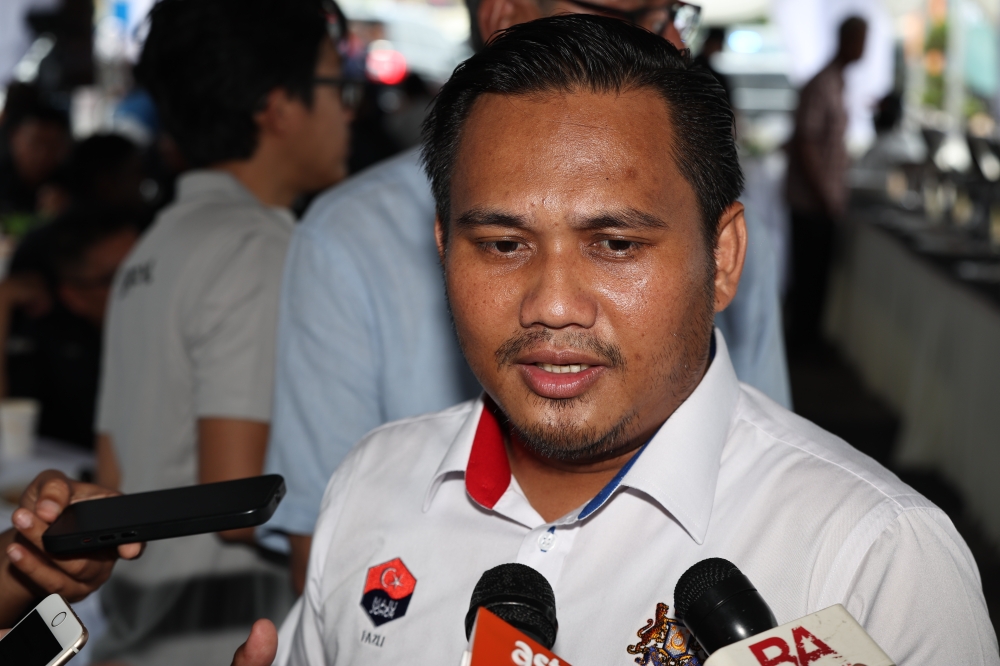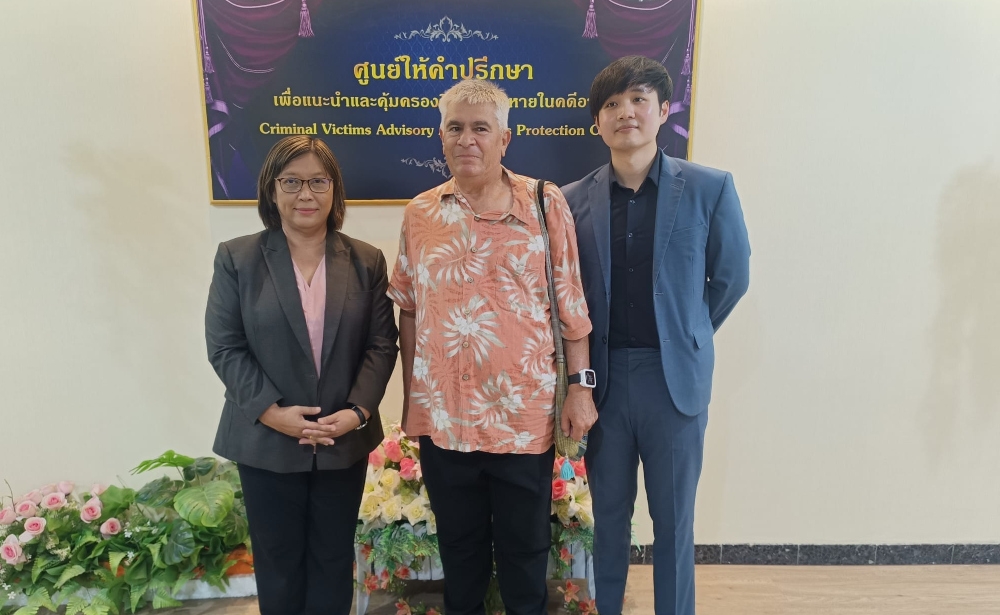JUNE 21 — I am well informed of the Women’s Aid Organisation (WAO)’s efforts of prompting the government to introduce the Sexual Harassment Bill following the recent allegations reported by the media concerning sexual harassment in educational institutions.
This prompt is followed by complaints from former students who accused a lecturer in a Mara University of Technology campus in Selangor. The offender has committed sexual harassment, followed by several complaints lodged by victims from other universities.
We also ought to be concerned about a survey on sexual harassment conducted by All Women’s Action Society (Awam), whereby 59 per cent of the respondents did not report the incident. One of the reasons stated is that they fear that they would be targeted since the offender is in a state of authority. The finding suggested that sexual harassment is an ongoing crime. Yet, it has been overlooked and seems to have become a norm. This is distasteful and horrifying.
The efforts of Ministry of Education (MOE) during Pakatan Harapan Era
In the light of awareness, today’s MOE and government should review MOE’s efforts to amending the Statutory Bodies Act (Discipline and Surcharge) 2000 — Act 605. The amendment to Act 605 is to ensure that academic freedom is always guaranteed and, at the same time, ensuring the integrity of our nation’s academicians can be further strengthened.
These amendments will allow freedom of speech among lecturers, however, with the responsibility to avoid academic offence such as plagiarism and have clear records of sexual crimes in the workplace to uphold the dignity and authority of higher education institutions in Malaysia. It is certain that this amendment also aims to address sexual harassment in a more serious and structured manner.
To achieve the purpose of the amendments, the prime minister’s agreement to amend the stipulated regulations in the Second Schedule by the order published in the Gazette is sufficient without the need to introduce an amendment bill to the Parliament. This matter is permissible according to Section 23 (1), Act 605.
Three additional regulation scopes
Among the amendments to Act 605 that I proposed in 2019 are to include three additional regulation scopes that are aligned with the spirit of freedom and integrity of the nation’s academic field, which are as below:
- Academic misconduct: To combat and deal with cases of academic misconducts such as plagiarism, abuse of research grant, and manipulating student’s results of the study.
- Sexual harassment and inappropriate relationships: To deal with sexual harassment cases and inappropriate relationships among public university officers that could tarnish the integrity and harmony of public universities.
- Involvement in Ponzi scheme or any sort of scamming activities: To avoid academics from involving with all the Ponzi schemes and other scamming activities.
In the context of sexual harassment issues, we are focusing on this discussion. The second proposal is essential, which is, “Improvement of Sexual Misconduct and Inappropriate Relationships”.
In the doctrine of consideration presented to the prime minister at that time, the following additional provisions are recommended to be included in the Second Schedule under the heading ‘sexual harassment and inappropriate relationships’.
“(1) An officer shall not sexually harass another individual whereby they cannot — attempt to approach another individual sexually or request sexual treatment from that individual; or perform any acts that are sexual in nature with another individual in a state where having taken consideration of all circumstances will cause a sane individual to be offended, insulted or threatened.
(2) References in sub-regulation (1) pertaining to the conduct of a sexual act on another individual — including a semblance of a statement that is sexual in nature to, or before the other individual whether the statement is made orally, written or in another manner.
It is not limited to the conduct of the act in the workplace or only during working hours as long as the conduct tarnish or defames the public university.
(3) An officer shall not establish inappropriate relationships with another individual which can be construed in any way that is detrimental to order, well-being, public safety, morality, ethics or decency.
The enforcement of these additional offences is subjected to the existing regulation and process or procedures. Significantly, this issue is directly included as misconduct. The offender can be charged and even be dismissed from their post if found guilty by responsible parties. This is a renewal since the university can take disciplinary actions immediately without awaiting enforcement of crime under the Penal Code implemented by the police.
The development of amendments efforts
I had personally met the former prime minister, Tun Dr Mahathir, regarding this matter twice in 2019. I have also discussed with the Public Service Commission (JPA) twice in the same year to exempt academicians from restrictions given to the public service and add specific guidelines for them to strengthen their academic level.
My hopes and expectations of this amendment are that it will be implemented by 2020. Unfortunately, in early January, I was asked to hand over my post to the former prime minister, and I have not heard any news regarding the matter ever since. Sadly, after the change of government, no progress has been made. I have asked the Minister of Higher Education (MOHE) and his deputy in the House of Representatives in 2020. However, the amendments to the Statutory Bodies Act (Discipline and Surcharge) 2000 — Act 605 were not answered substantively and seriously.
It is high time for the government, especially the prime minister, to pass this amendment to prevent misconduct and sexual harassment from becoming a norm in higher education institutions. The amendment to Act 605, as mentioned, is not necessary to the parliamentary session as it merely requires approval from the prime minister. The prime minister’s bold actions to make this amendment are to ensure the safety of the campus staff and the integrity as well as the professional level of the academicians that will bring significant meaning to the honour and authority of the nation’s higher education institution.
* Maszlee Malik is the MP for Simpang Renggam and a former minister of education of Malaysia.
** This is the personal opinion of the writer or publication and does not necessarily represent the views of Malay Mail.


